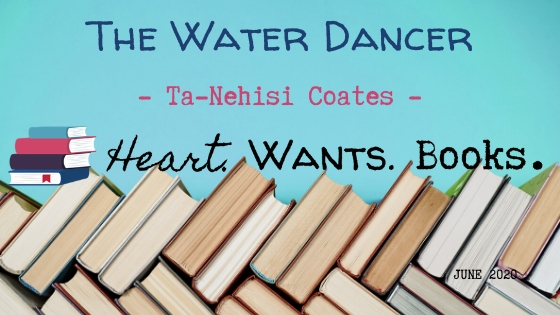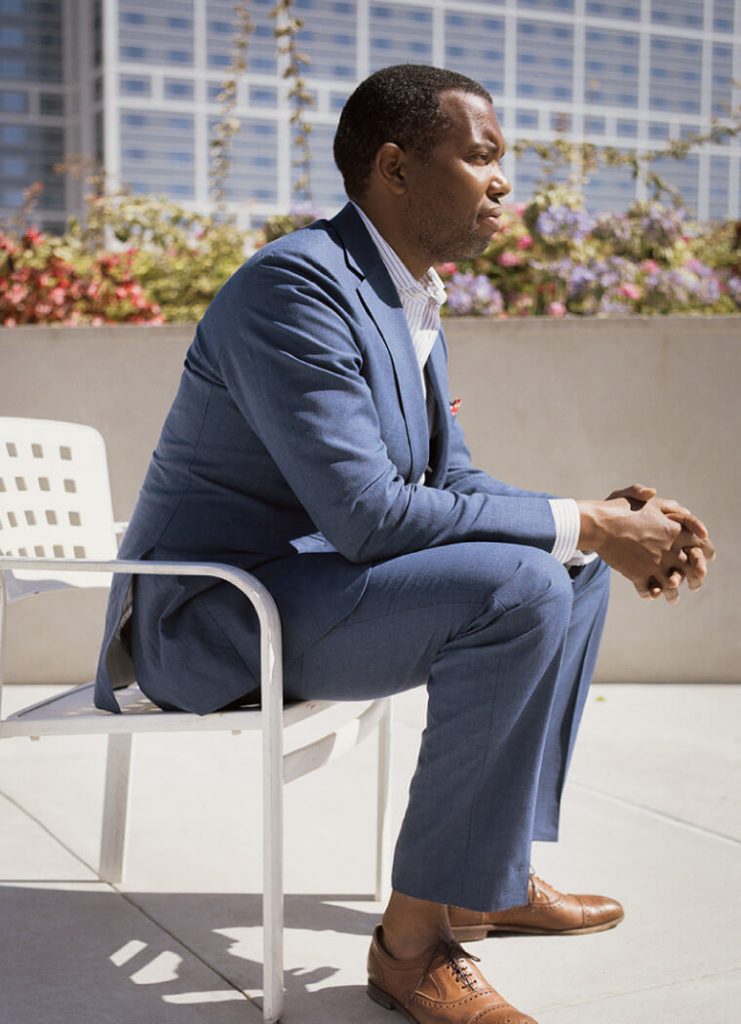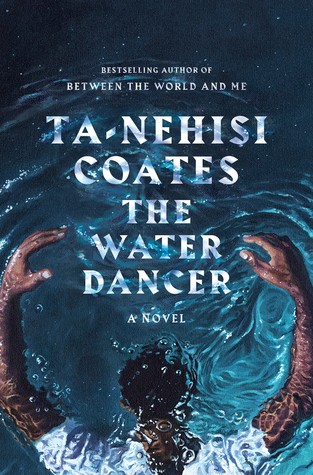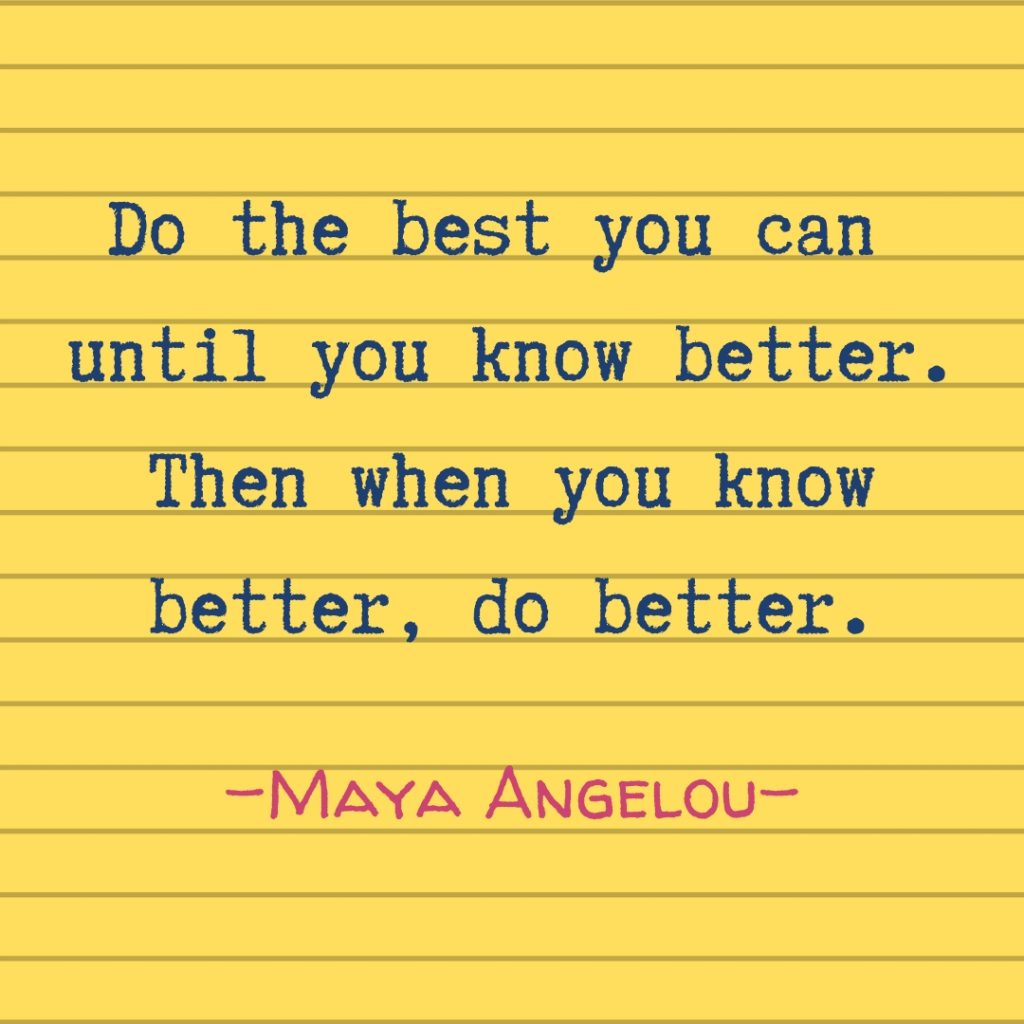The Water Dancer by Ta-Nehisi Coates June 25, 2020

The following post includes affiliate links. More details here.

TOMORROW: Join us at 7:30pm Central Time, Friday 26 June to find out if we managed to finish the book club book we both just started over the weekend, and to discuss Deanna Raybourn’s A Curious Beginning (A Veronica Speedwell Mystery Book 1). If you’re ready to sign up, you can do so here so you get the link to join the discussion.

ta-nehisicoates.com
Nikki and I placed The Water Dancer by Ta-Nehisi Coates on hold at our respective digital libraries in late September 2019, the same month it was released as a little book baby out into the world. With the title being selected for Oprah’s Book Club, the wait list was…long. My library has 58 digital copies available to borrow and the current wait time is approximately 2 months. In September, I think the wait time was closer to 4-6 months. Dear readers, we play the long game with our reading life and at times like these we are so thankful to have just the title we need to read waiting to be borrowed. Check out next week’s reading life review for other titles that we were able to borrow for our “Race in America” independent study, most of which we will be sharing with you in the following weeks. But, back to discussing the debut novel of the National Book Award winning author for 2015’s Between the World and Me, who is also known for We Were Eight Years In Power, The Beautiful Struggle, AND being the current author of Marvel comics The Black Panther series. [I am mildly obsessed with the Black Panther movie – saw it by my lonesome in the theatre, pre-ordered it on digital and blu ray back in the day, and re-watched it on Sunday – because those fierce women are #lifegoals.]
I really want to get down deep into the text with my feelings on this book, and in order to do that, I’m going to have to get spoilery, so here’s what we’re going to do. You’re going to enjoy Nikki’s feelings, and when you finish scrolling, you’re going to find a little section that you can click to expand in order to read more about Hiram Walker and the cast of characters in his life. Or, you can click here to jump down now.
In case you needed another reason to participate in our reader poll, here it is, another confession. I judge books by their covers. A lot. Now, is that the only factor? No, but it is a factor. Sometimes I read the marketing copy, sometimes I have recommendations from trusted sources, and sometimes I read online reviews, but I always notice the cover.

I want to start off with what I knew before opening The Water Dancer by Ta-Nehisi Coates. I knew the cover was just gorgeous and I had a recommendation from a friend whose judgement I whole-heartedly trust. So much so, that one day while at lunch she suggested a book she just finished and I immediately checked it out from the electronic library. Yes, pulled out my phone and checked out that title right then and there. Later, I discovered it was a thriller and I am sure I sent a sassy text or email about that, but I was pages in at that point. I finished the book, and I really liked it. She and I have different reading tastes, but over the years, she’s steered me towards several amazing titles. They are all powerful, thought-provoking, and well-written, at least those that have made it off my TBR list.

More so than just suggesting amazing titles, she’s also opened my eyes to how simple it is for me and my children to pick up a book and find characters who look like us. And how for people who look differently than we do, it is not so simple at all. This all came up to me again recently, when a fellow reader was looking for a specific title and asked about it in the author’s Facebook group. The author replied that she took the book down for revisions because she now realized she used a harmful plot device (“secondary characters who worship the memory of the confederacy” – the author’s words, not mine). This is not something I would have thought twice about prior to the kind, challenging words of my friend because of how and where I grew up and what I look like. However, there are a great many people who don’t look like me (and some who do) who would find that plot device very harmful. All of this, dear readers, outlines the importance of reading diverse books, because we all notice different things, we all communicate with different words, and we all relate differently. Books help us feel and learn empathy and how to relate to others, but it’s hard to relate when you don’t understand. The more I read, the more I understand. I won’t ever understand what it’s like to walk in the shoes of someone else, not really, but I can understand that it’s different, it’s hard, and it’s not what it should be. I can know better, and then I can do better.
Now, to really talk about The Water Dancer. I adore this book. It’s history, it’s magical realism, and it’s a coming of age tale. I want so many good things for the characters, and the writing style is just gorgeous. Add in a satisfying ending and it is everything I want in a book! I don’t always enjoy books that also feel important because honestly, I don’t like reading about tragedy.
I want to tell you all about The Water Dancer, but I also don’t want to offer spoilers. As this book opens, we know we’re in Virginia, and we know that our narrator has had family go “Natchez-way.” Hiram, our narrator, is in trouble. He was tasked with driving his brother and they fell into the river when the bridge went out from under them. Hiram is telling us this story from the future, with all of the perspective that looking back offers. Throughout the book we learn more about Hiram, who is a slave (or Tasked) and the son of his master (one of the Quality), and about life in Virginia from Hiram’s perspective as he struggles with being the son of his white master, and still a slave. As I mentioned, this is a coming of age story as we follow Hiram, figure out what Conduction is, discover the power of memory, and learn all about water dancing. This may feel like the spoilers I said I wasn’t going to include, but it’s all in the first chapter. As the book continues we meet more characters and get to know them and their stories, which include some of the Tasked being sold to Lockless, Hiram’s home, and being sold away from it. While this may seem like a distant past, it was put into perspective for me not too long ago when a friend, who is about my age, shared the transcript of an interview with his great-great grandfather, who was born a slave. When I think about all of the memories I have with two of my great-grandmothers, I’m reminded that generationally, that story could have been told by one of their parents, which makes the plot of this book seem like not that long ago at all.
By now you know endings are important for me. I liked this one because I have a clear vision of what happens to the characters after I closed the book at the end of the last chapter. I give The Water Dancer a solid four stars, and while I’m not sure I’ll revisit this title, I will definitely be looking to read more from Ta-Nehisi Coates because he has quite a way with words, and painted a gorgeous, heart-breaking picture of Hiram’s life, and that of too many others.
~Nikki
Beware of clicking below, for the enclosed is full of spoilers.
I started out writing a typical three point five paragraph essay on the women who formed Hiram’s life, either dead or alive. And those are important things to talk about in context of the book, but I realize that I am not the one who needs to talk about them. You want to know the things about this book that touched me the most. Those things that have touched me the most from this book are direct results of me trying to do and be better. Every time Hiram speaks about white people, either those who are set on their privilege or those who are helping in the Underground, I see if not myself or things that I have done at least the things that modern white people don’t seem to understand. Needless to say, if they were to look at themselves in any critical light and educate themselves on the lived experiences of BIPOC perhaps they could do a better job at being an ally.
Let’s start with this quote between Hiram and Robert, a free man of color from Philadelphia, who is teaching Hiram how to be an agent on the Underground Railroad.
“We can’t ever have nothing pure,” Robert said. “It’s always out of sorts. Them stories with their knights and maidens, none of that for us. We don’t get it pure. We don’t get nothing clean.” “Yeah,” I said. “But neither do they. It is quite a thing, a messy dirty thing, to put your own son, your own daughter, to the Task. Way I see it, ain’t no pure and it is we who are blessed, for we know this.” “Blessed, huh?” “Blessed, for we do not bear the weight of pretending pure. I will say that it has taken some time for me to get that. Had to lose some folk and truly understand what that loss mean. But having been down, and having seen my share of those who are up, I tell you, Robert Ross, I would live down here among my losses, among the muck and mess of it, before I would ever live among those who are in their own kind of muck, but are so blinded by it they fancy it pure. Ain’t no pure, Robert. Ain’t no clean.”
What are those white people that start justifying their love of the old south, love of historic things, claiming it as their heritage doing except wallowing around in the literal muck of knowing that their ancestors held other human beings in bondage and calling it pure (that states rights rhetoric)? There was a time when I was one of them, and it hurts me to admit it, but I have grown and searched to understand the ways my words and actions and justifications of the past hurt other people, people I care about and love, people that are my family. That is not to say that I am perfect in how I have changed, but know that change can happen, that we can realize the muck we are living in and call it out for what it is. I, too, would rather live in the muck of my reality, striving to be better, to get clean, than pretend the muck other people see around me is a pureness.
And then, there’s the story of Corrine Quinn, Virginia plantation owner and Underground agent, something we don’t learn about until a third of the way into the book. Take this reflection of Hiram’s as the book’s narrator on her life as an agent.
Corrine Quinn was among the most fanatical agents I ever encountered on the Underground. All of these fanatics were white. They took slavery as a personal insult or affront, a stain upon their name. They had seen women carried off to fancy, or watched as a father was stripped and beaten in front of his child, or seen whole families pinned like hogs into rail-cars, steam-boats, and jails. Slavery humiliated them, because it offended a basic sense of goodness that they believed themselves to possess. And when their cousins perpetrated the base practice, it served to remind them how easily they might do the same. They scorned their barbaric brethren, but they were brethren all the same. So their opposition was a kind of vanity, a hatred of slavery that far outranked any love of the slave. Corrine was no different, and it was why, relentless as she was against slavery, she could so casually condemn me to the hole, condemn Georgie Parks to death, and mock an outrage put upon Sophia.
Corrine can see that muck that surrounds herself and her peers and she does what she can to destroy the institution of slavery. She frees her own slaves allowing them to live on her plantation as the front to other whites who don’t know she is in fact running a station on the Underground in the heart of Virginia. But, as Hiram says, her desire to do better comes from hatred of slavery and what slavery has done to her people not from love of the enslaved people. I see kernels of this in when people say that slavery is in the past and everyone is now equal under the law, but they can’t see their own privilege in being able to imagine that equality. I think that younger generations are coming at this problem from a position of love, a love of people and a desire to see other humans brought up onto actual equal footing as regards to the law and resources of our society. They are realizing that to bring people up doesn’t reduce them in the process, because they didn’t have any actual superiority as everyone is a human being – just in the privilege that past and current institutions have given them based on the color of their skin, not the merit of their accomplishments.
I am glad to be able to see the calling out of our muck as white people. It is necessary to see ourselves in works of fiction so that we can use these feelings of empathy and bring them into our lives. I’m living in my muck, are you cognizant of yours?
~Ashley
PS: Click here to go back to where you left off if you jumped down.


